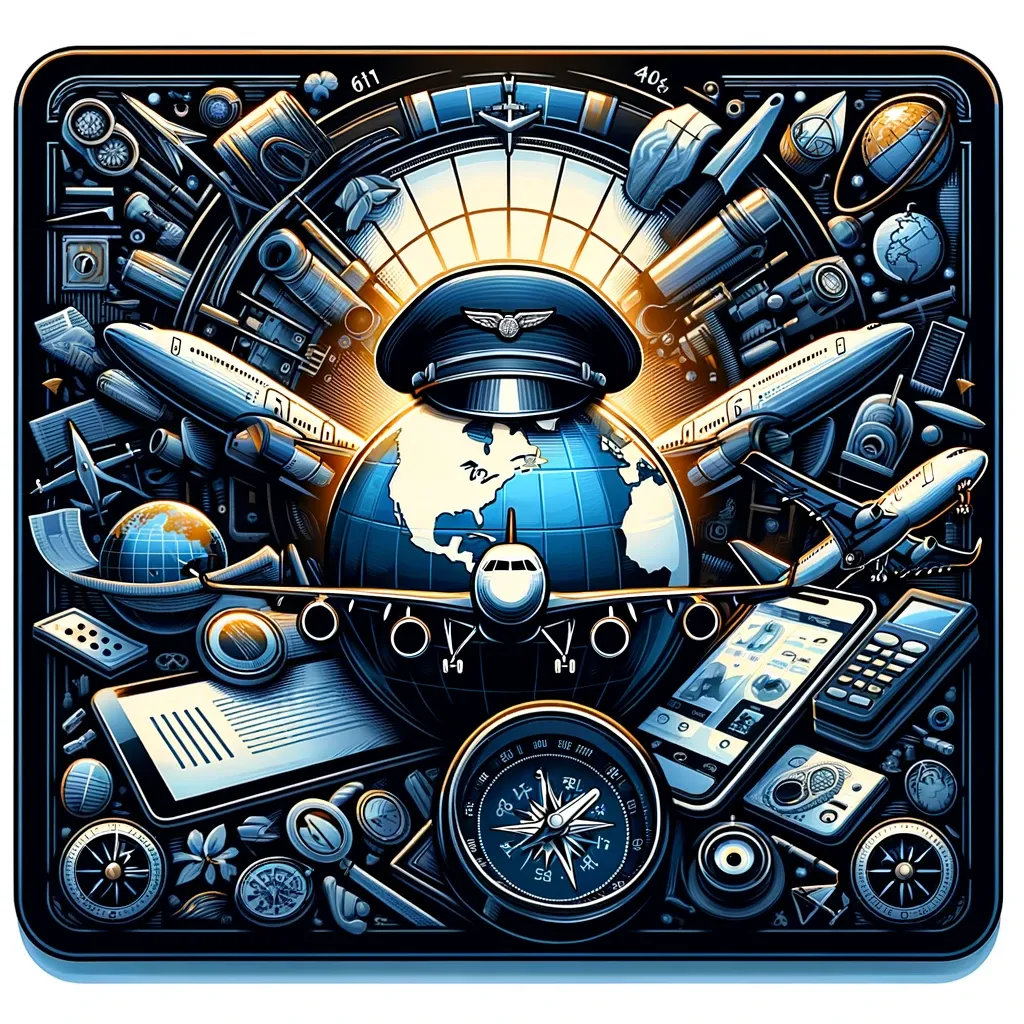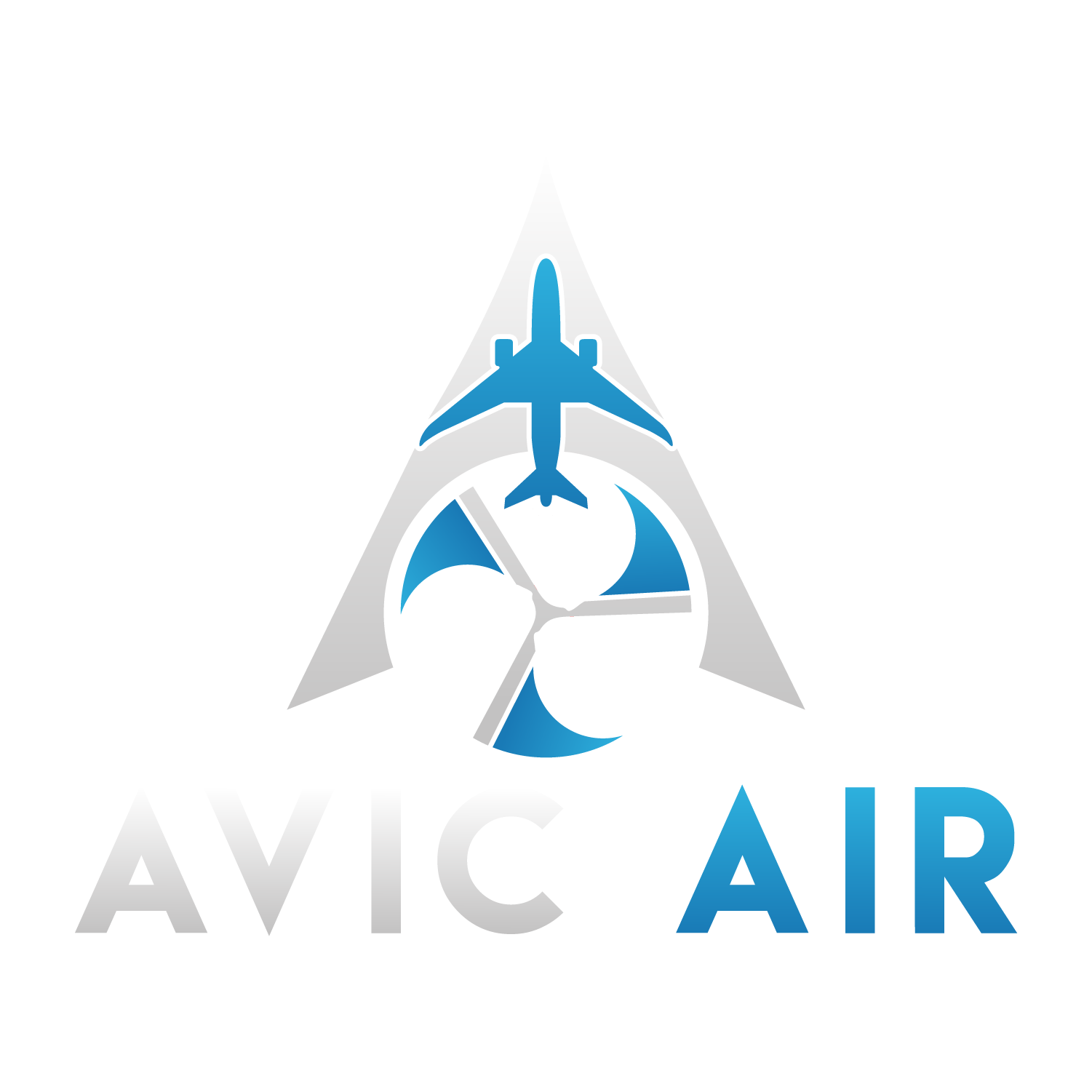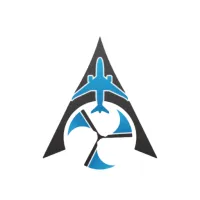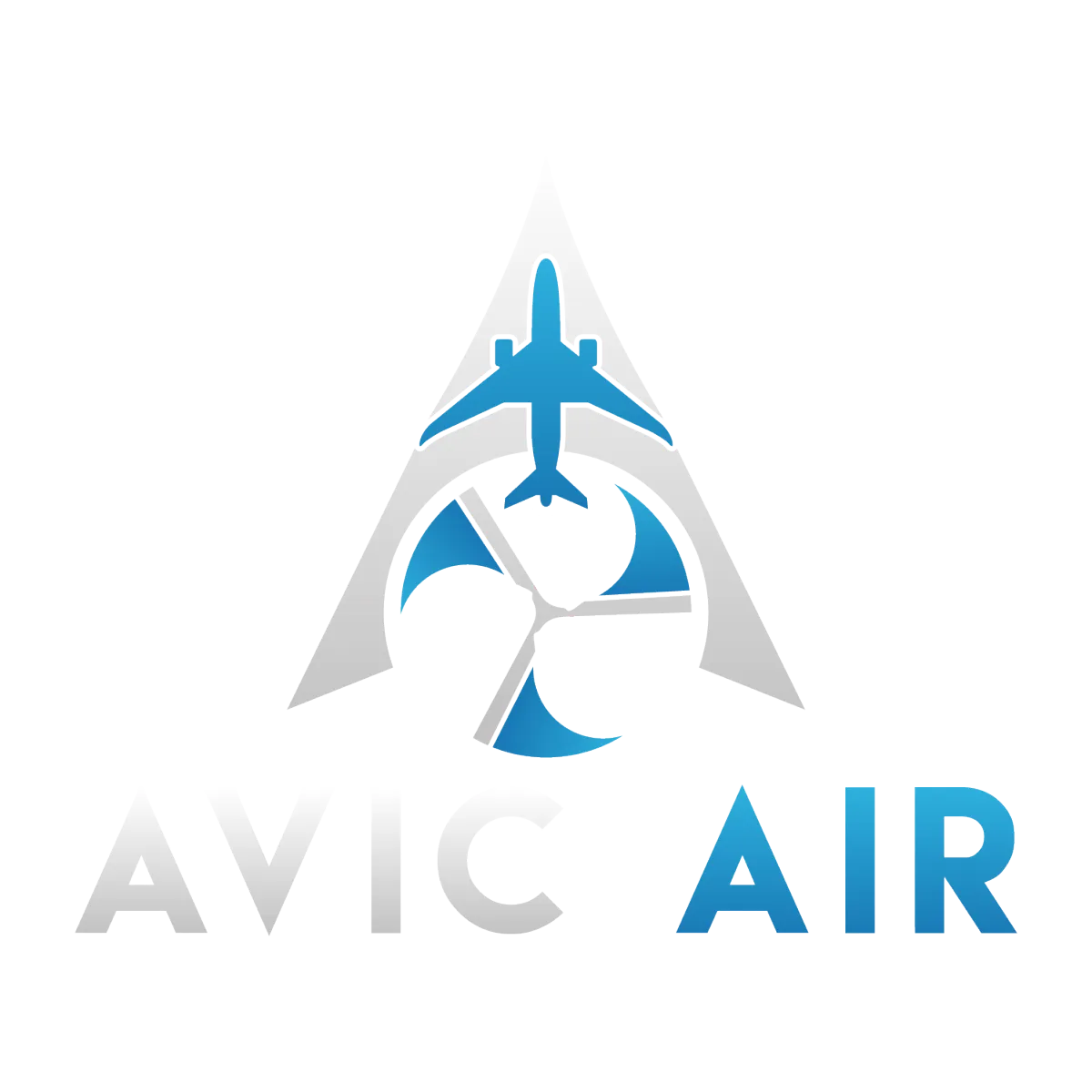Innovative Ideas and Strategies for Aeronautical Success
Aviation Career

Elevating Your Aviation Career: A Comprehensive Guide Through Four Essential Phases
The Pilot Hiring Misconception




Phase 1: Technical Preparation
Objective: Fortify your grasp of aviation fundamentals.
A thorough technical foundation is critical for any pilot. In this phase, our training course, which parallels a Part 141 syllabus, acts as a comprehensive training course outline (TCO). The goal is not just to clear technical queries during interviews but to become an informed consumer of aviation data. Without a strong foundation, your career progression can be hindered, leading to errors and reduced confidence.
The Challenge: Checkride failures can be catastrophic, leading to lost job opportunities. Training solely to pass a checkride, rather than mastering the entire syllabus, leaves knowledge gaps that can be hazardous and may prevent you from getting hired, especially if there's a technical portion of the interview.
Solution:
Detailed Objectives: Each module is a mission. For example, when studying navigation systems, you’ll analyze real-life mishaps due to navigation errors and learn how to prevent them.
In-Depth Knowledge: Our curriculum goes beyond basics. When learning about aerodynamics, you’ll explore how wing design nuances affect overall efficiency.
Addressing Common Errors: We don't just identify mistakes; we train you to avoid them, ensuring you’re prepared for real-world applications.
Resources Provided:
A bonus guide for career coaching.
Access to a comprehensive syllabus.


Phase 2: Virtues and Attribute Training (Soft Skills)
Objective: Develop the attributes that make a well-rounded aviation professional.
Many pilots focus solely on technical skills, neglecting the soft skills that are equally critical. Airlines aren’t just looking for certifications; they want pilots who demonstrate leadership, effective communication, and strong ethics.
The Challenge: Working to fulfill only your basic job description results in a bland personal brand, minimal career growth, and uninspiring interview stories. Instead, seek to solve problems you’re passionate about, which often require going above and beyond the job description. Adversity, such as facing violations, is a prime opportunity to build your personal brand by demonstrating your problem-solving abilities.
Solution:
Advanced Leadership & Command: Analyze real-world situations, such as handling difficult customers, dealing with dispatchers, or managing pressure from operators pushing you to fly under suboptimal conditions. These scenarios provide fertile ground for building a robust personal brand.
Communication & Customer Service: Address real-world scenarios such as handling difficult customers, dealing with dispatchers, and navigating complex relationships with colleagues who may undermine you. Additionally, learn how to manage pressure from operators who might push you to fly in bad weather or when aircraft maintenance isn’t up to standard. These scenarios emphasize the importance of effective communication and maintaining professionalism under pressure.
CRM, ADM, & Ethics: Study past aviation incidents where decision-making was crucial, helping you understand the importance of these skills.
Resources Provided:
On-the-job coaching during bi-weekly live Q&A sessions.
Real-world case studies and interactive discussions.

Phase 3: Interview Prep, Marketing, and Persuasion
Objective: Effectively present your skills and experiences.
Interview preparation is often underestimated. Being technically skilled isn’t enough; you need to confidently present your experience and qualifications in a way that resonates with interviewers.
The Challenge: Interviewers seek a balanced candidate—one who is both technically savvy and a strong leader, but also someone who is enjoyable to work with. Even if you’re a great pilot and a decent leader, if you don’t provide an engaging interview experience, you risk losing out to someone with a better cultural fit. The biggest mistake candidates make is choosing a company for selfish reasons—such as base location, aircraft type, or pay—and leading with that in the interview. Your stories need to convey that your purpose as a pilot aligns with the company's mission. A boring or unconvincing interview can derail your career, forcing you to relocate or work for a less ideal employer.
Solution:
Narrating Skills: Learn to weave your experiences into compelling narratives, such as recounting a difficult flight and how you handled it, with a focus on aligning with the company’s mission.
Branding & Positioning: Optimize your online profiles and share industry insights, positioning yourself as a thought leader.
Understanding Interview Dynamics: Participate in mock interviews to understand how your answers and demeanor impact the outcome. Practice until your stories create a compelling and emotional connection with the interviewer, ensuring they buy into your vision and services.
Resources Provided:
Personal brand development tools.
Application review services.
Interview coaching sessions.

Phase 4: Part 121 and Part 135 Sector Mastery
Objective: Seamlessly adapt and excel in a constantly evolving aviation sphere.
Passing an interview is just the start. The aviation industry is constantly evolving, and staying ahead requires continuous learning and adaptation.
The Challenge: New hire training is a significant hurdle. You’ll face technical knowledge and regulations that you’ve never encountered before, and you’ll be flying jets in simulators that are faster and more complex than what you’re used to. Washout is a real risk, and some people are rejected during this phase. Additionally, after getting through initial training, climbing the ladder within your sector can be challenging without the right guidance.
Solution:
Advanced Study Techniques: Learn methods tailored for aviation, such as memory aids for complex flight systems and interactive cockpit simulations.
Adapting to Different Sectors: Gain insights into various organizational dynamics, aiding in faster adjustments as you transition across sectors.
Continuous Support: After initial training, our community and coaching provide ongoing guidance on career advancement, whether you’re aiming for the training department, safety department, pilot management, operations management, or even C-Level positions.
Resources Provided:
A bonus blueprint guide for initial training.
Access to a private community for career advancement advice.
STAY BRIEFED
Sign up to be the first to find out when something new lands:
-Events
-Articles
-Podcast
-Courses
Large Call to Action Headline
A-V-I-C stands for Aviation Intelligence Community. Our mission is to improve the quality of life for aviators through shared experience. Be sure to join us on the social media sites @avicair, we love sharing ideas, experience, and intelligence to propel our industry forward.



Facebook
Instagram
X
LinkedIn
Youtube